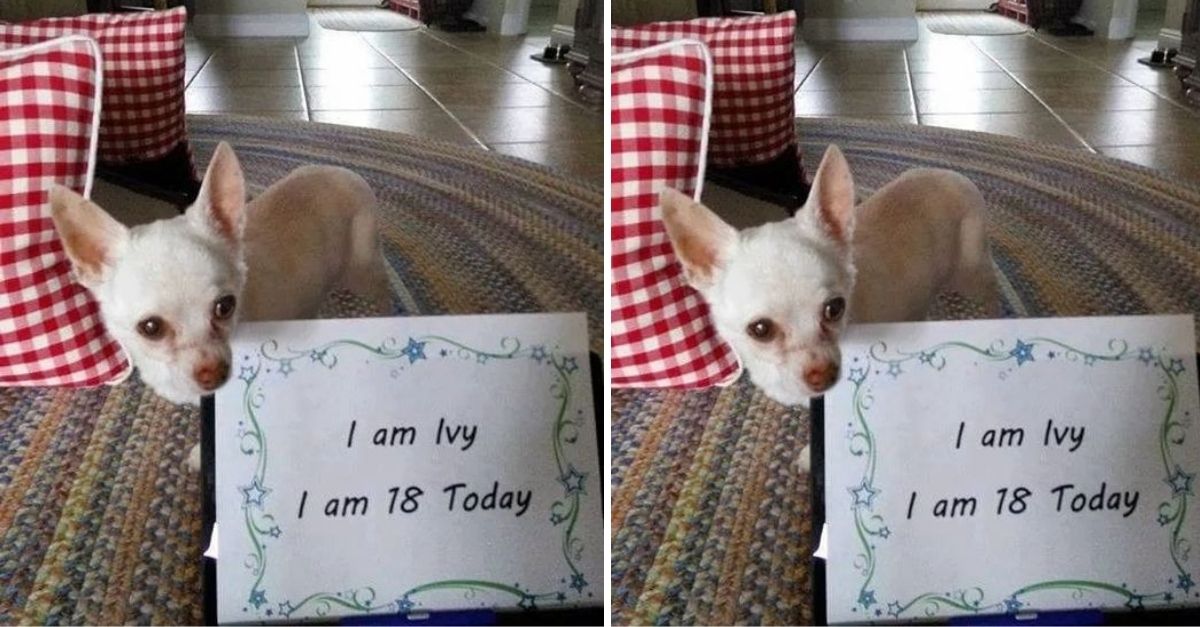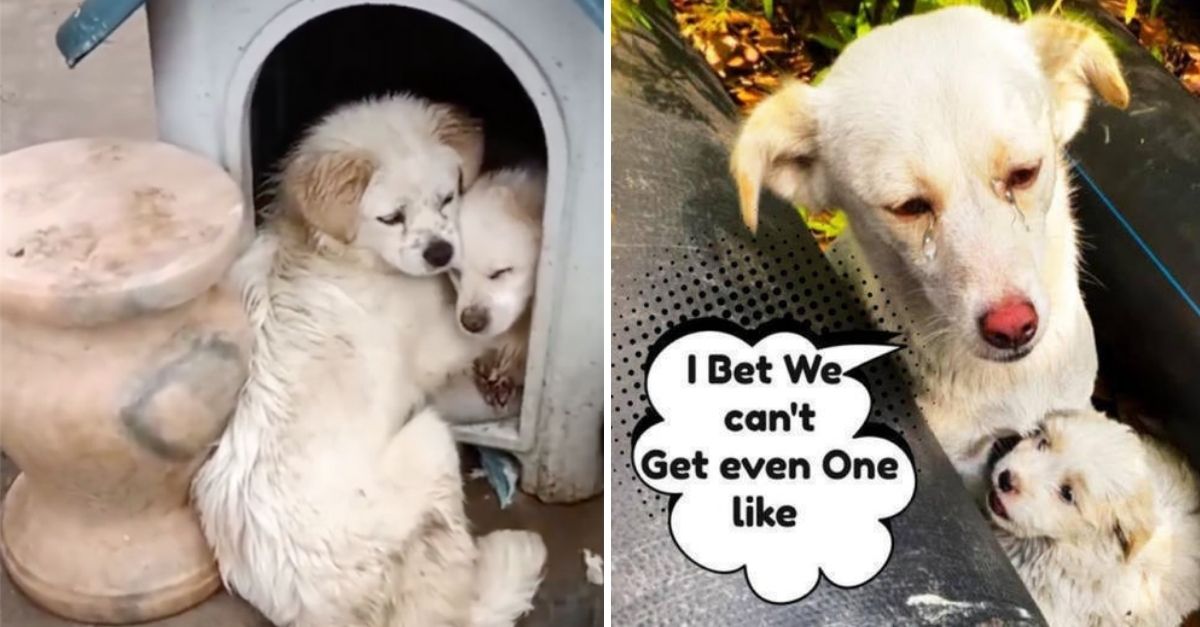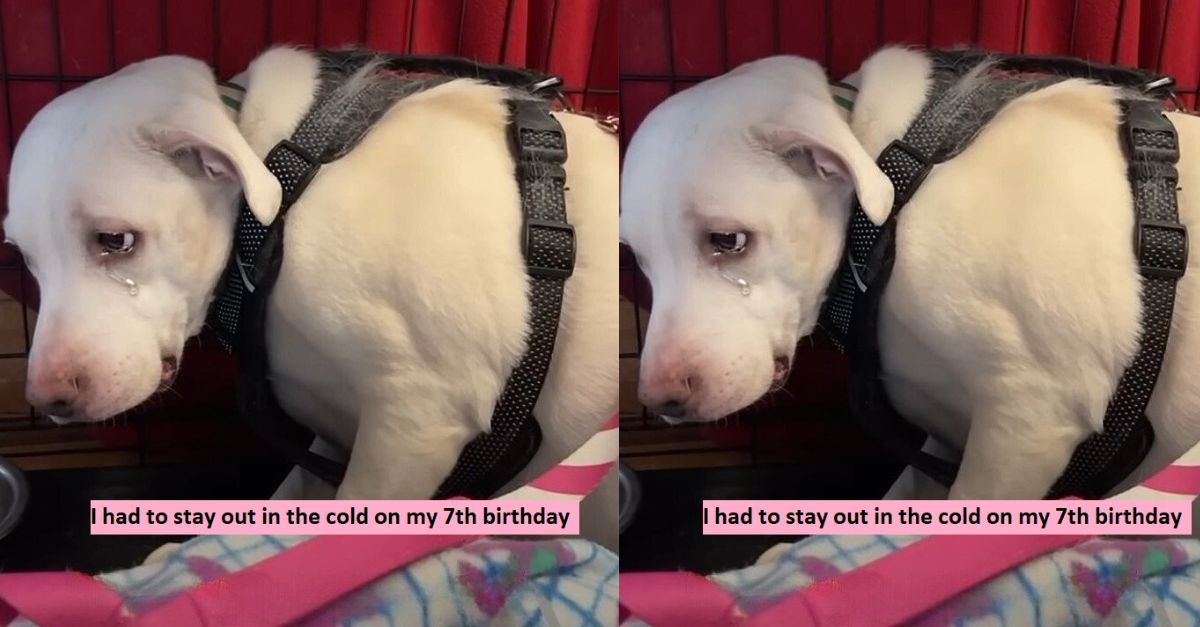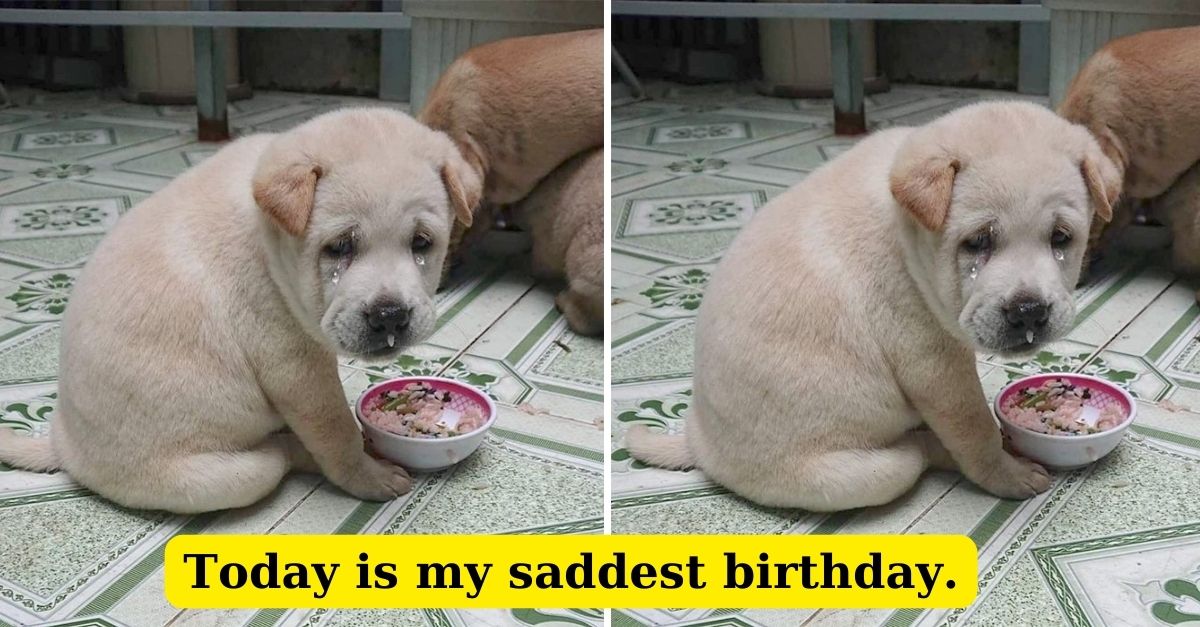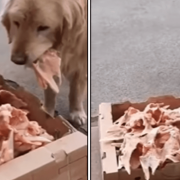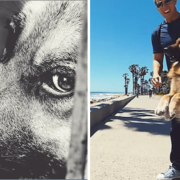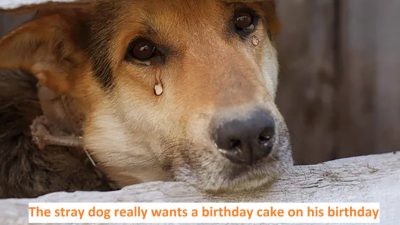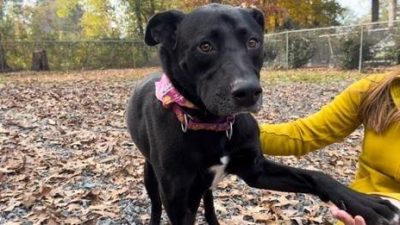
Amanda Cavanagh, Section Head of the Small Animal Emergency Service at Colorado State University, shares crucial information about the ongoing rise in canine respiratory illness. As an expert in small animal emergency care, Dr. Cavanagh provides valuable insights for dog owners to better comprehend and navigate this concerning health issue.
Dr. Amanda Cavanagh begins by acknowledging the increasing cases of respiratory illness in dogs, emphasizing the need for dog owners to be aware and proactive. She sheds light on the symptoms, progression, and unique features of the current illness, urging pet owners to prioritize their dogs’ well-being.
According to Dr. Cavanagh, the initial symptom of this respiratory illness is a persistent cough that lasts longer than typical coughs associated with respiratory viruses. Unlike self-limiting dry coughs seen in the past, affected dogs are now experiencing a wet, productive cough, indicative of secondary bacterial pneumonia. This shift in the nature of the illness poses challenges for both diagnosis and treatment.
She underscores the significance of early veterinary care when dogs exhibit any form of coughing. A prompt veterinary evaluation, including thorough lung examinations and X-rays, can help identify potential pneumonia and guide appropriate treatment plans.
Dr. Cavanagh highlights the importance of preventive measures, including full vaccinations for dogs. She recommends administering vaccines approximately two weeks before exposing dogs to communal settings to ensure sufficient immunity development. Additionally, she advises dog owners to exercise caution in crowded situations and consider alternatives to traditional boarding kennels, such as utilizing pet sitters.
In conclusion, Amanda Cavanagh provides a comprehensive overview of the canine respiratory illness, offering valuable guidance for dog owners. Her expertise from the Small Animal Emergency Service at Colorado State University emphasizes early veterinary care, preventive vaccinations, and cautious choices in communal settings as key components in safeguarding dogs against this mysterious and evolving health concern. As the veterinary community continues to investigate and monitor cases, Dr. Cavanagh’s insights serve as a crucial resource for dog owners navigating these uncertain times.

